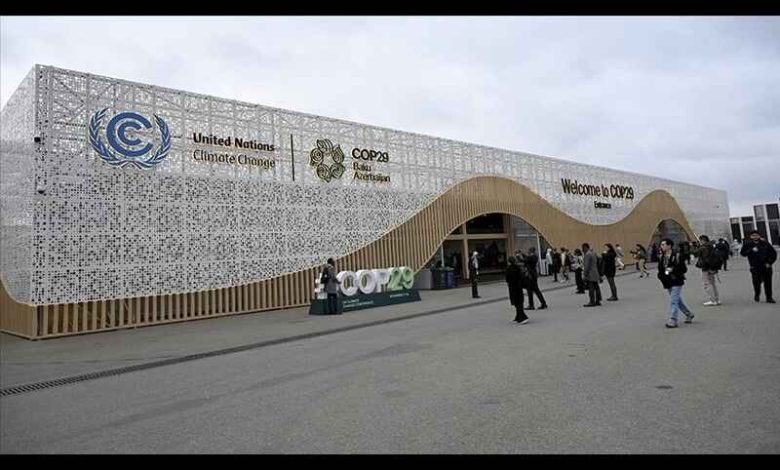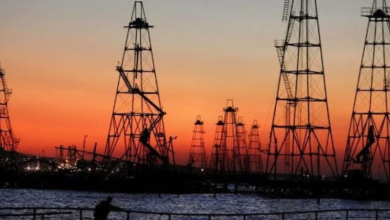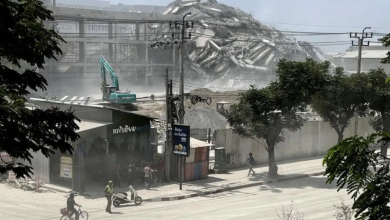COP29 – A Global Address on Climate Change by the United Nations

The discordant opinions among the member countries of the United Nations on the “Finance COP”, which is intended to raise the money for the climate change and the agricultural challenges due to the increasing global heating. During the conference a climate campaigner has refered the the progressing climate change for two decades and insisted all the nations to reduce it to 1.5 degrees.
“We cannot succeed without them, and the world is waiting to hear from them. We urge them to use the G20 meeting to send a positive signal of their commitment to addressing the climate crisis. We want them to provide clear mandates to deliver at COP29” said the President of COP29, Mukhtar Babayev.
Irreconcilable Discussion
“G20 leaders have failed to deliver the much-needed political signals from Rio to Baku. The silence on the new climate finance goal and refusal to address a fossil fuel phase-out are unacceptable from the world’s largest economies and highest emitters. As uncertainty grows at COP29, this is a moment that demands political leadership – not the passive repetition of past agreements” – Rebecca Thissen, Global Advocacy Lead, Climate Action Network International.
“There is still only a zero in the NCQG discussions. No number, no ambition. Let us remember that this is a finance COP, and we expect developed countries to deliver.” – Diego Pacheco, Bolivia Chief Negotiator
“We’re here for life and death reasons. We’re one of the most climate-vulnerable countries in the world. So we can’t walk away. We used to say what went on in Pakistan will not stay in Pakistan. What’s happening to us will happen to you tomorrow, so, think collectively” said the Pakistan’s former Climate Change Minister, Sherry Rehman at the Summit in Baku.
What is NCQG and how can they reach the finance target?
The New Collective Quantified Goal is acronymed as NCQG with the key objectives focused on the climate finance. The financial target is framed by the United Nations Framework Convention on Climate Change (UNFCCC). In 2009 the developed countries agreed to replace the framed $100 billion but it hasn’t been reached or fulfilled with the estimated time.
“The MDBs (Multilateral Development Bank) have already signalled they can scale up by 2030 to 120 billion [dollars], so it’s a very big step forward from the 75bn that we had. I think it’s a very encouraging signal because, if they can do it, all of a sudden it makes the bigger core goal less scary” said the Senior Associate for Internation Finance at Italian Climate Change, Eleonora Cogo.
The negotiations in the first week of the Summit regarding the finance of climate change and agriculture looks complicated and at times unresolved says the Global Climate Chief, Clare Shakya.
“The pace of negotiations in week one reminds me how climate COPs felt before the Paris Agreement reinvigorated these UN talks”.
In the Summit they have released a statement of the Financial goals by the developing countries,
“As we move to the crucial week 2, we would like to provide the following process suggestions : Negotiations must be party-driven, transparent an inclusive; Issues must progress in a balanced manner; In your guidance to the co-facilitators of agenda items, we request you to convey to them to take all parties views into account to offer a level-playing field and to avoid situations where parties end up negotiating with co-facilitators of agenda items.”
“We donot want something that is pledged and forgotten. Nor do we want something that cannot be traced. The NCQG must be a cyclical goal whose quantum responds to needs of developing countries. Grant-based public finance is central to the NCQG” added the statement over the financial goals.



